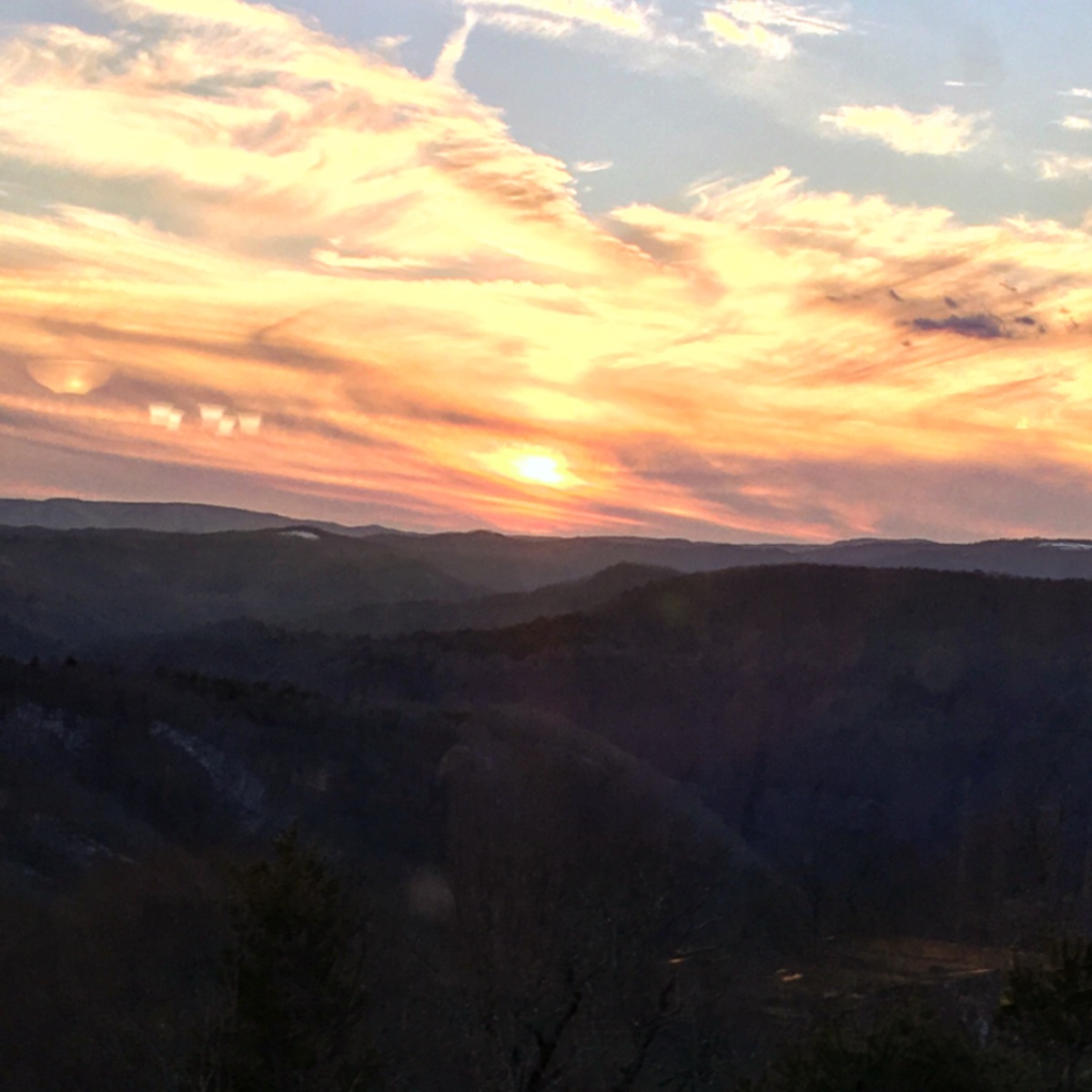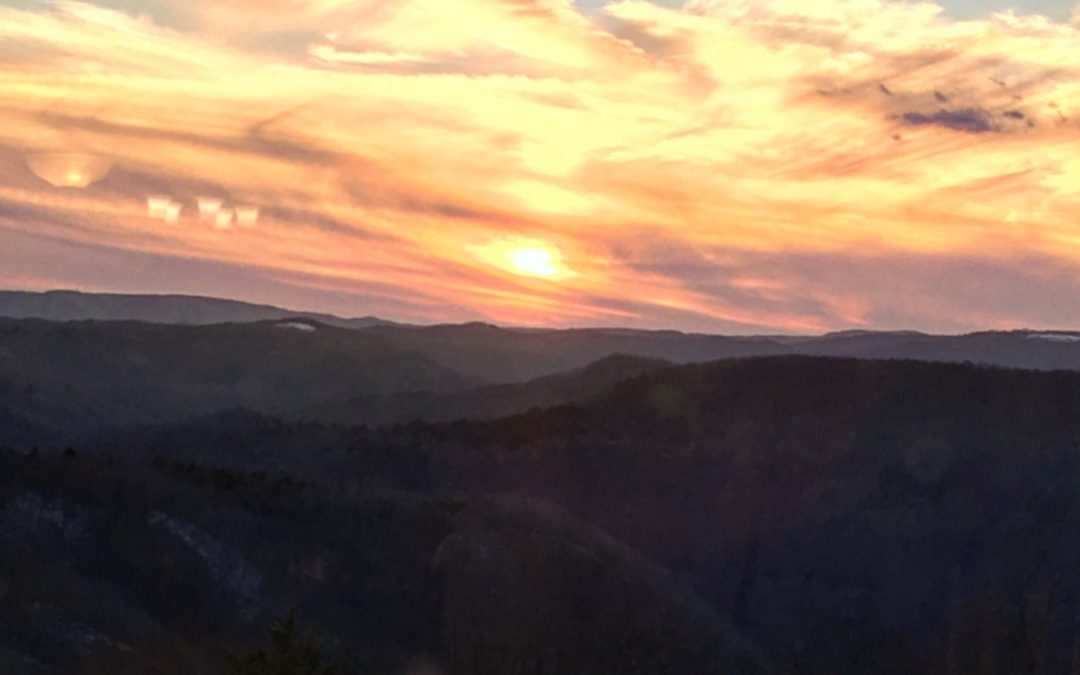A Message From the Creation Care Alliance: What Lent Can Teach Us About Uncertainty and Action

Scott Hardin-Nieri is the Director of the Creation Care Alliance of WNC, a network of congregations and people of faith who have united around a moral and spiritual call to preserve creation. Whether or not you observe the Christian season of Lent, Scott offers his thoughts on what Lent can teach us in these changing times.
As spring emerges around us, some Christians are observing the season of Lent, a 40-day period of sacrifice and preparation prior to Easter Sunday. While Easter is a celebration of new life, forgiveness, and wholeness, Lent takes on a more introspective and somber tone, reflecting the defining moments in the wilderness in the early stories of Jesus. The beginning of this period is marked by Ash Wednesday, when ashes are placed on the foreheads of the gathered to indicate grief, humility and repentance. Ash Wednesday blessings often use the words: “Remember, you are from dust and to dust you return.” Men, women, children, babies, students, executives, coal miners, bartenders, everybody who chooses to receive ashes on their foreheads at this time are reminded of the fragility, gifts and natural cycles of life.
It is humbling to be reminded of the human relationship to dust, as we remember that humans are part of creation and not above or beyond it. In the Hebrew Scriptures of Genesis, the Hebrew word for the first human, Adam, is closely related to Adamah (אדמה), meaning ground or soil. And as Jesus spends 40 days in the wilderness, he comes close to the Adamah around and within him. There, the stories say, he fasted, suffered, and was tested by the forces of pride, brokenness, greed and material wealth. Thus, wilderness is often seen in the Christian world as a place of trial, hardship and temptation.
However wilderness is also a place of becoming, where Jesus lived fully – where he watched the stars, felt the wind and sun, listened to the animals, to the Spirit and to himself. And it is where he practiced living into the name “Beloved,” which was given to him after he emerged from the Jordan River at his baptism. It was this deep connection to land that enabled Jesus to find power in his identity as a peacemaker, a seeker of justice and a friend to the outcast. In other words, Jesus’s time in the wilderness drove him to action.
Aren’t we in a wilderness moment?
We find ourselves in a time of great ecological and social challenge. Congregations that I visit are filled with people who are grieving these challenges and asking difficult questions. I just returned from the State of Appalachia conference in West Virginia, where towns that have been built around the coal industry have had their communities, families, water and land destroyed, and face the task of transitioning to a new source of energy that serves people as well as the earth. We are in an era of unmatched human creativity with new technologies like driverless cars, while also losing some of our planet’s oldest God-given creativity with the extinction of species like the white rhino. We see old power structures flipping, as women and children stand up to march for systemic change in numbers we have never seen before. We are immersed in fear and sadness in this transition, but also offered numerous opportunities to courageously resist despair. How are we caring for our children and grandchildren, and what kind of earth will we pass down to them?
“We are immersed in fear and sadness in this transition, but also offered numerous opportunities to courageously resist despair. How are we caring for our children and grandchildren, and what kind of earth will we pass down to them?”
Like those who observe Ash Wednesday and Lent, we at the Creation Care Alliance are finding a deeper understanding of our relationship to soil, microbes, creatures and people. At a time when dominance over other people and the earth is commended, we believe that finding our place among all things and remembering that we come from and return to dust is a faithful way forward.
So whether you observe Lent or not, we invite you to listen to this wilderness moment and consider how it might transform you if you let it in. If we are able to take the lessons of this time and move forward, I believe this is a moment we will look back on and say, that’s when we figured out who we were.

